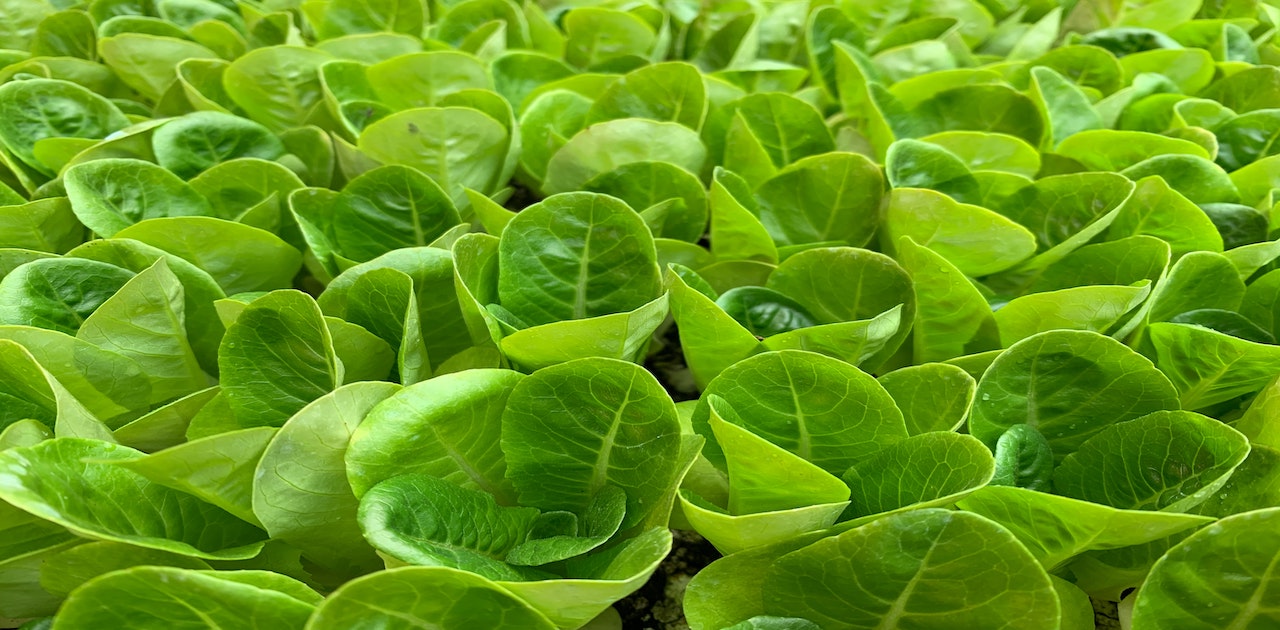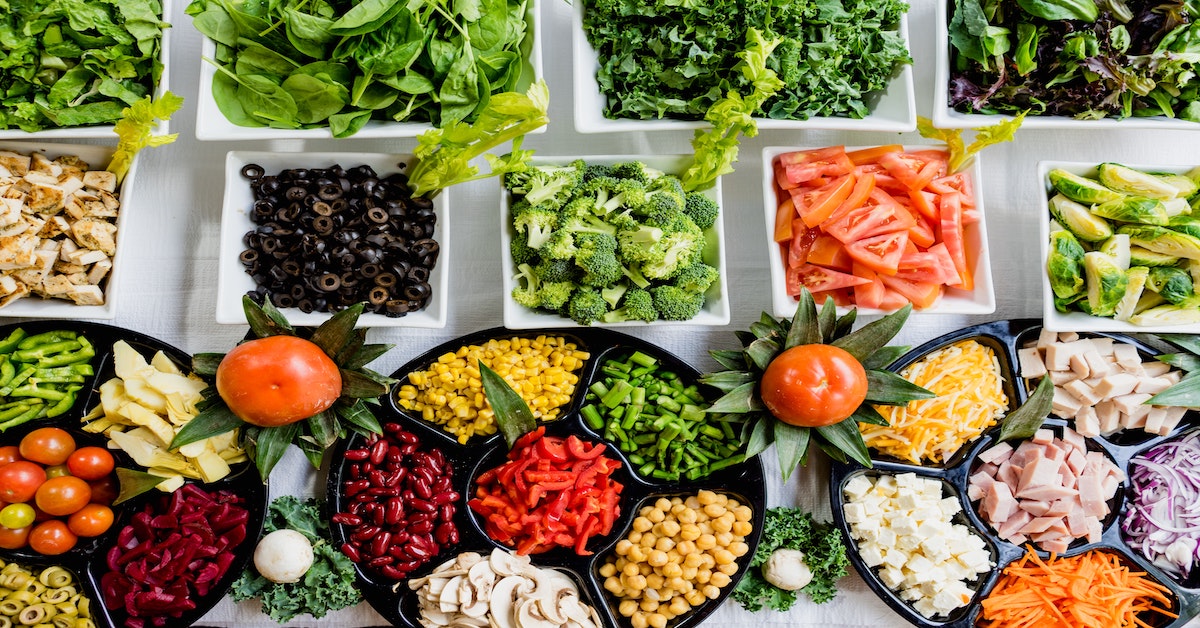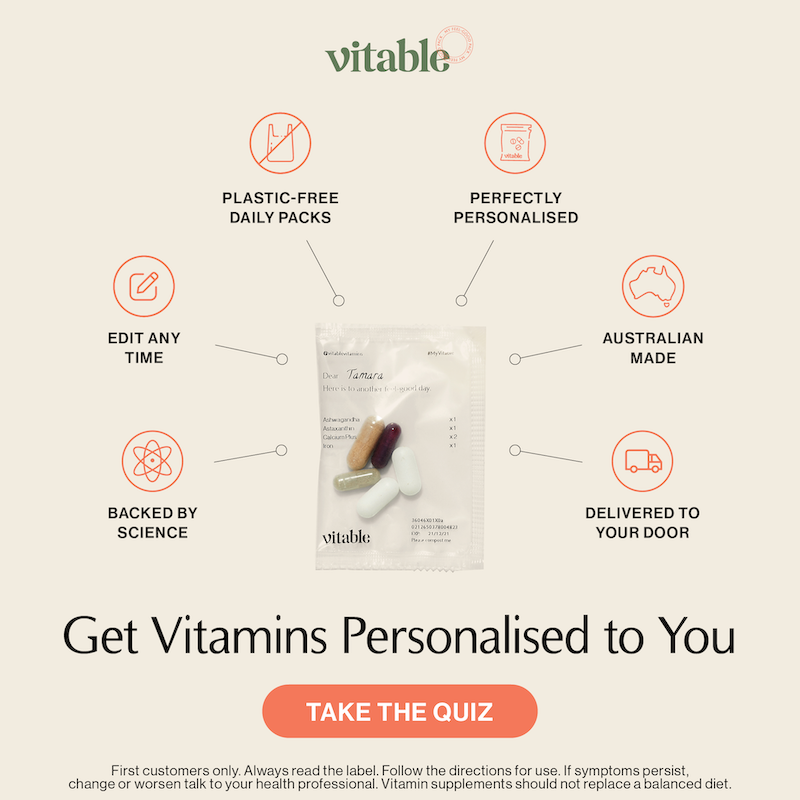Healthy diets can be one thing that helps you maintain and get healthier skin but do you know about the best nutrients to consume for healthy skin?
There are numerous ways to take care of your skin, not limited to only having a skincare routine that provides nourishment for your skin and suits your needs. Although having a great skincare routine can be important and an excellent way to help your skin more externally, your skin benefits from other sources too. One of the great sources would be knowing about the best nutrients to consume for healthy skin and including them in your health regime according to your needs.
Knowing about the nutrients would help you identify easier what nutrients you may need, especially when everyone can get quite busy and fall short in achieving their daily requirement from time to time. However, generally, your skin needs a good balance of nutrients to stay optimal and healthy. Having the best nutrients to consume for healthy skin helps create something like a barrier to withstand elements that can negatively impact your skin. After all, supporting your internal health is vital for overall health, and keeping good internal health can benefit your skin.
1. Vitamin A

Some nutrients are used as ingredients in skin care products, and Vitamin A is one of them. They can come in various forms. One of the most common forms may be retinol which is known to help reduce the appearance of ageing signs by promoting collagen production and improving the skin texture through an increase in cell turnover rate. However, retinol can increase your skin’s sensitivity to the sun and is recommended often for the night skincare routine. Also, check out ways you can improve your skin without using skincare products here.
Ironically, vitamin A being one of the best nutrients to consume for healthy skin can be due to it being an antioxidant. Therefore, it helps protect your skin from external potential skin irritants or impurities and even the sun, although not as strong as a sunscreen protection. Also, vitamin A promotes the oil glands around hair follicles to activate and can help reduce inflammation. Furthermore, compared to some chemicals and derivatives of vitamin A like retinol, consuming vitamin A doesn’t increase your sensitivity to the sun. You can find supplements that include vitamin A or foods such as sweet potatoes, pumpkins, eggs, and carrots.
2. Vitamin C
Vitamin C is often used as an ingredient in skincare products, particularly anti-ageing. This can be due to vitamin C contributing to promoting collagen production as well as being an antioxidant. The increase in collagen helps keep your skin healthy and reduces the development of ageing signs such as wrinkles or fine lines. Antioxidants support your skin by protecting it from possible harmful elements around you.
Additionally, having vitamin C in your diet can help you to be protected from the sun and even empower the effects of your sunscreen. Also, vitamin C supports your skin with the reduction of cell damage while increasing the healing process. Most of the time, you can say that vitamin C is one of the nutrients that gets ingested more appropriately as they are found in the foods we eat more often. They can be found in various foods such as oranges, tomatoes, broccoli, and strawberries, but there is also the option of finding supplements with vitamin C if that fits your needs.
3. Vitamin D

Vitamin D could be pretty interesting as although it can be a nutrient, it is also referred to as a hormone produced by the body. Although the sun can often be referred to as harmful, vitamin D comes from the sunlight absorbed by your skin. When the sunlight gets absorbed into your skin, cholesterol changes into vitamin D, which supports your body in producing healthy cells. Vitamin D can help your skin cell metabolism and supports your skin in healing.
Furthermore, vitamin D helps reduce inflammation and irritations on your skin. Additionally, they can be great for overall health by increasing calcium and strengthening your bones, emphasising the importance of vitamin D in your diet where possible. Although you can get vitamin D from the sunlight, depending on your situation or concerns, you could be looking to get it from other sources. You can find vitamin D in a range of foods such as milk, salmon, cereals, and tuna, as well as supplements containing vitamin D if that suits you better.
4. Vitamin E
Similarly, like some other vitamins, such as vitamin A or C, vitamin E has been used as an ingredient for skincare products and is an antioxidant. One of the common vitamin E ingredients is known as alpha-tocopherol. Vitamin E, as a moisturising antioxidant, helps your skin slow down ageing and protects your skin barrier while supporting your skin to be hydrated. Additionally, vitamin E supports your skin by reducing sun damage by absorbing harmful sunlight and can work even better when combined with vitamin C.
Also, vitamin E can help in reducing skin inflammation. However, ironically, when applied externally, vitamin E can have weakened effects if exposed to the sun. Therefore, vitamin E can be one of the best nutrients to consume for healthy skin as effects from ingesting it wouldn’t get weakened from the sun. You can find supplements that include vitamin E, but there are various foods to choose from depending on your needs, such as almonds, mangoes, corn, and spinach, which contain vitamin E.
If you have been looking for a vitamins and supplements provider:
Vitable is a vitamins and supplements provider that delivers right to your door and aims to provide you with personalised approach to nutrients. They have broad range of vitamins, minerals and supplements to suit your needs. Plus, receive a 30% discount for your first month via the above link.
5. Vitamin K

Vitamin K could benefit you if you have been wondering about a nutrient that could boost the healing process and helps some conditions, such as dark spots and dark circles. Although there might not be concrete support that vitamin K helps effectively for overall skin health and condition, it is often used to help reduce swelling and bruising. Vitamin K is known to help with wounds and bruises, especially those affected by surgery, so that it may be helpful for overall skin health and some skin conditions.
Also, Vitamin K is known to have antioxidant properties and support collagen fibre formation, which could help with wound healing and overall skin health. Like other vitamins, you could find vitamin K supplements or obtain them from some food choices. These could include spinach, green beans, asparagus, broccoli and lettuce. On a side note, with supplements, though, it would be a good idea to talk with your medical professional before taking them.
Related Post: The 12 Top Foods For Healthy Skin
6. Collagen
Collagen is one of the body’s most abundant proteins, potentially taking up around one-third of the protein in the body. It plays a major role in cartilage and connective tissues around your body, including the skin. You can imagine how collagen may go through a constant cycle of renewal, but this process helps the body more optimally prepare the cells after damage. Collagen can help your skin to reduce the chance of developing ageing signs like fine lines and wrinkles by helping the skin stay strong and hydrated. Also, if you are interested in knowing when you should start using anti-ageing skincare products, find out here.
Therefore, collagen can be crucial for regenerating, healing and repairing tissues and help maintain a healthy body, supporting the skin to stay healthy. Having collagen in your diet can be essential due to how your collagen production level may start to decrease as you age. Some of the foods that contain collagen can include sardines and bone broth. You might have realised that there aren’t many vegetable options for collagen, but you could take a precursor of collagen to boost collagen production. For instance, vitamin C with bell peppers and berries, or you may choose to find supplements with collagen.
7. Calcium

Calcium is one of the minerals commonly contained in dairy products and helps your skin be healthy. You may have seen ingredients like milk or yoghurt used in skin care products to help your skin be radiant and rejuvenated. Calcium helps regulate various skin functions and helps maintain the outer layer of the skin. Without efficient calcium, your epidermis could be more vulnerable to external and environmental damage, such as UV rays.
An efficient calcium level can be essential as it helps keep your skin hydrated by regulating sebum production. Also, allowing to be better protected from developing some skin conditions like eczema. Calcium is also known to help regulate dead skin cells and promote new skin cells from regenerating.
As mentioned previously, commonly, calcium intake can come from dairy products like yoghurt, milk and cheese. However, you could also find calcium in food such as lentils, almonds and rhubarb. You could also find calcium in whey proteins and as a supplement if that were something you prefer.
8. Healthy Fats
You might be thinking, how can fat help your skin? But some fats are considered pretty healthy in various ways. One of the healthy fats, essential fatty acids, plays a vital role in supporting with cell structure of your body, including the skin. The essential fatty acids allow your skin to produce natural oils and optimally promote collagen production to keep your skin glowing and hydrated. So, not having an efficient level of essential fatty acids could make your skin dry and more vulnerable to irritations.
Also, it can be vital to know that some essential fatty acids, like omega-3 as a polyunsaturated fat, don’t necessarily get produced by your body. Therefore, it is recommended that you look for foods that contain omega-3 in your diet, especially as your body can need it to strengthen the cell membrane. The cell membrane helps in protecting your skin from potential harm. Additionally, omega-3 also helps to keep your skin healthy and reduce inflammation with its anti-inflammatory properties. You can find healthy fats in foods such as avocado, salmon, mackerel and walnuts.
Read More: 9 Common Skincare Ingredients That Could Be Potentially Harmful To Your Skin
9. Protein

Protein is one of the essential nutrients for building skin tissue, and having an efficient amount of it can help your skin become more plump and healthy. There are numerous different types of protein that helps with various functions around the body. For the skin, one was the collagen mentioned before, and another can be elastin and protein itself is considered a chain of amino acids. When you eat something, it gets turned into amino acids, and they get reused to form different proteins.
Also, amino acids help the body and skin promote repairing damaged skin and protect your skin against potentially harmful elements like free radicals and sunlight damage. Elastin, on the other hand, supports your skin’s strength and elasticity along with collagen. Therefore, keeping a good level of protein can be crucial to helping your skin stay healthy and look radiant. Some foods you could take for protein include beef, chicken, brown rice, pumpkin seeds and peas.
If you enjoy cooking but have no time to go shopping, check this out:
Marley Spoon sends fresh and pre-portioned, ingredients directly to your door. Also, you can choose from over 40+ recipes weekly and cook these delicious and healthy meals in just 6 steps. Plus, the above link currently provides $100 coupon for new customers.
10. Zinc
Zinc is another nutrient, more specifically considered a mineral that helps your skin to stay healthy. It is known to have both antioxidant and anti-inflammation properties. Zinc helps significantly with wound healing, regulating cells to help your body function optimally and supporting the cell wall to protect your skin from potential harm better.
Also, zinc could help with skin conditions like acne, eczema and potential pigment issues due to its antioxidant and anti-inflammation properties. You can find zinc in food such as shellfish, chickpeas and lentils. Also, you should be able to find supplements for zinc if that is what you prefer. However, with other supplements, it is recommended to check with your medical professional before taking them.
A fantastic skincare routine can be one thing since multiple ways help you maintain healthy skin. Another way was the best nutrients to consume for healthy skin, which are not only limited to skin benefits but also for overall health. You must keep a good balance of nutrients according to your needs as having healthy internal well-being also helps your external well-being, such as your skin’s health.
Therefore, it would be best to know and keep the best nutrients to consume for healthy skin wherever and whenever possible. Although, it may be challenging to achieve and maintain a healthy balance of nutrients daily, particularly since everyone can get busy or forget from time to time. Knowing about these nutrients would make it easier to identify and determine if you could not take certain nutrients enough, depending on your needs. After all, it can be great for you in various ways to have well-balanced nutrients, including overall health, which would be vital in general.



